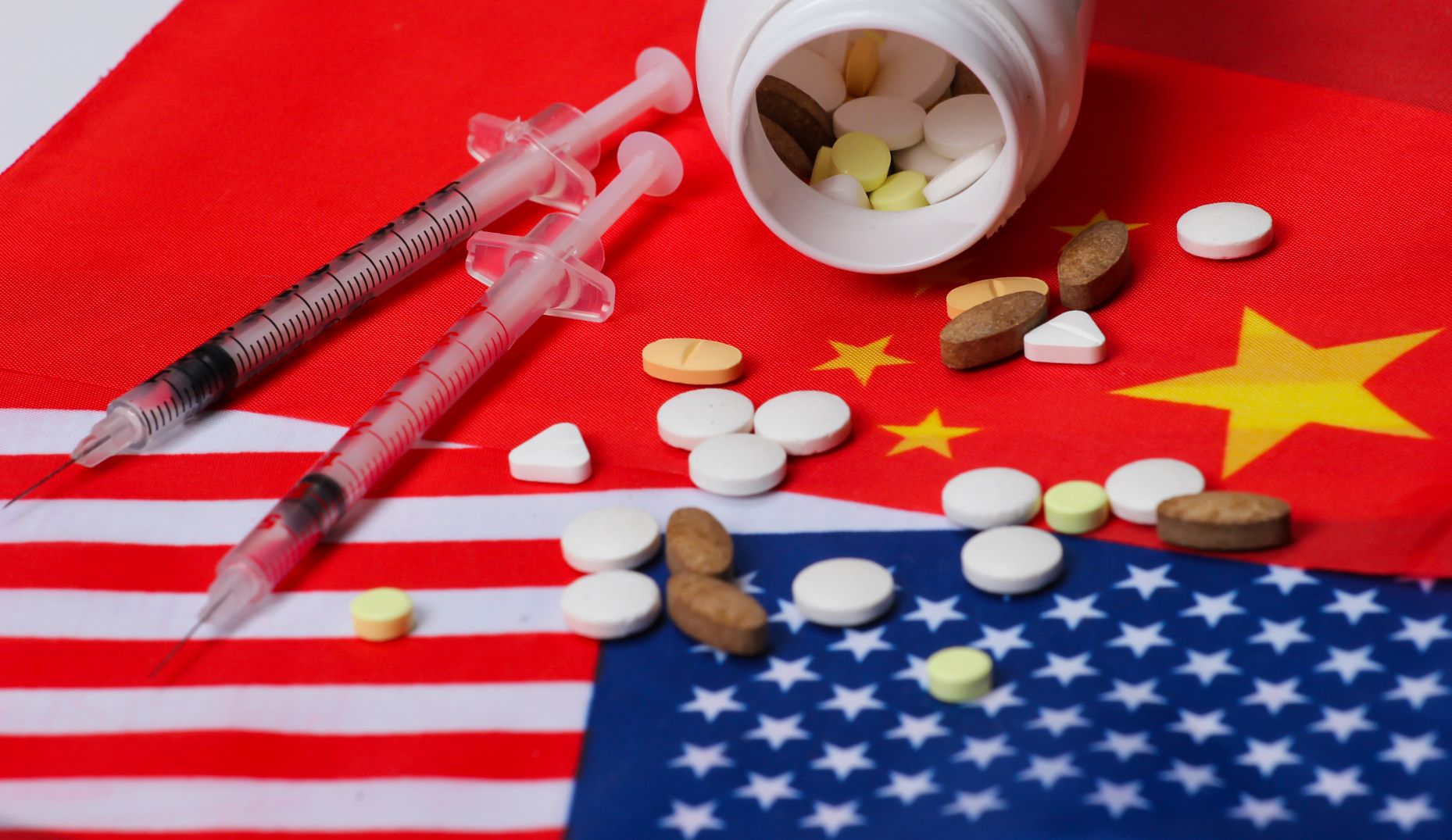Kehinde Abolarin assesses the ongoing fallout of the pandemic as the Great Powers jostle for position and influence.
The coronavirus and its effect on the world’s economy and politics cannot be overemphasised. More so, the tensions flaring between the US and China regarding the source of the deadly virus has not helped matters. Amidst the controversy, Washington accused the World Health Organisation (WHO) of being ‘China-centric’ and ‘a puppet of China’ due to the belief that the global body gave misleading information about the virus and was in support of the East Asian state. Thus, President Trump cut ties with WHO after initially halting US funding to the organisation.
These occurrences, many predicted, might be a Cold War that could see the rise of another superpower. For instance, Giulio Pugliese argued that ‘the pandemic is cementing US-China enmity and reifying the new “Cold War”’, especially with the recent revelation by Dr Li-Meng Yan that the coronavirus is ‘an unrestricted bioweapon’. If these facts are accurate, the conflict could indeed be a bilateral Cold War with multilateral implications. Part of the consequences was US restricted funding to WHO, which affected several states’ responses to the pandemic. Nonetheless, whether the coronavirus pandemic will alter the balance among the great powers (Biscop, 2020) is yet to be known.
While the US seemed to be engrossed in a multifaceted conflict as it struggled to get to terms with the high numbers of COVID-19 infections and related deaths at the peak of the pandemic, the Chinese leveraged on the US quiescence to provide support to WHO and strengthen its foreign relations with other states. In Africa, the Chinese government sent doctors to Nigeria to help treat COVID-19 patients, while billionaire Jack Ma donated 500 ventilators, 200,000 protective equipment, 1 million test kits, and 600,000 masks to the states.
Russia may also be engaging in the ‘COVID-19-triggered balance of power’. At the height of the pandemic, Russia appeared not to take early measures to curb the virus. Instead, Moscow sent aid to Italy with a military aircraft, which had “From Russia with love” written on it. It was not long after that Russia experienced a spike in the numbers of cases, leaving the government with no option than to focus on its region.
Russia, already hit by low energy prices in 2020, struggled to fund its COVID-19 foreign altruistic ambitions, particularly to Sub-Saharan Africa, where it had been trying to establish its presence. In all, these may have weakened Russia’s quest for a rejuvenated global relevance, making it docile to China, especially with China’s ability to provide international aid. In that case, Moscow might want to normalise its relationship with the European Union (Biscop, 2020).
The pandemic may have deepened rivalry between the US and China, but what is clear is that the health authorities require more funding to lead the charge against COVID-19. The US needed to restore ties with the WHO, and thankfully, that was what Joe Biden did. In fact, he did this in the first hours of his presidency. The good news is that the vaccines seem to be effective, while we hope that the two powerful states would cease trading blames but put more efforts into the fight against coronavirus.
Reference Biscop, S. (2020) Egmont Institute Coronavirus and Power:: The Impact on International Politics. Available at: https://about.jstor.org/terms.
Kehinde Abolarin is a PhD candidate funded by a CCCU Scholarship. His research focuses on Nigerian Foreign Policy and global cooperation. Details of current scholarship opportunities are available here. The closing date is 11 June 2021.
 Politics
Politics Laura Cashman
Laura Cashman 1859
1859


